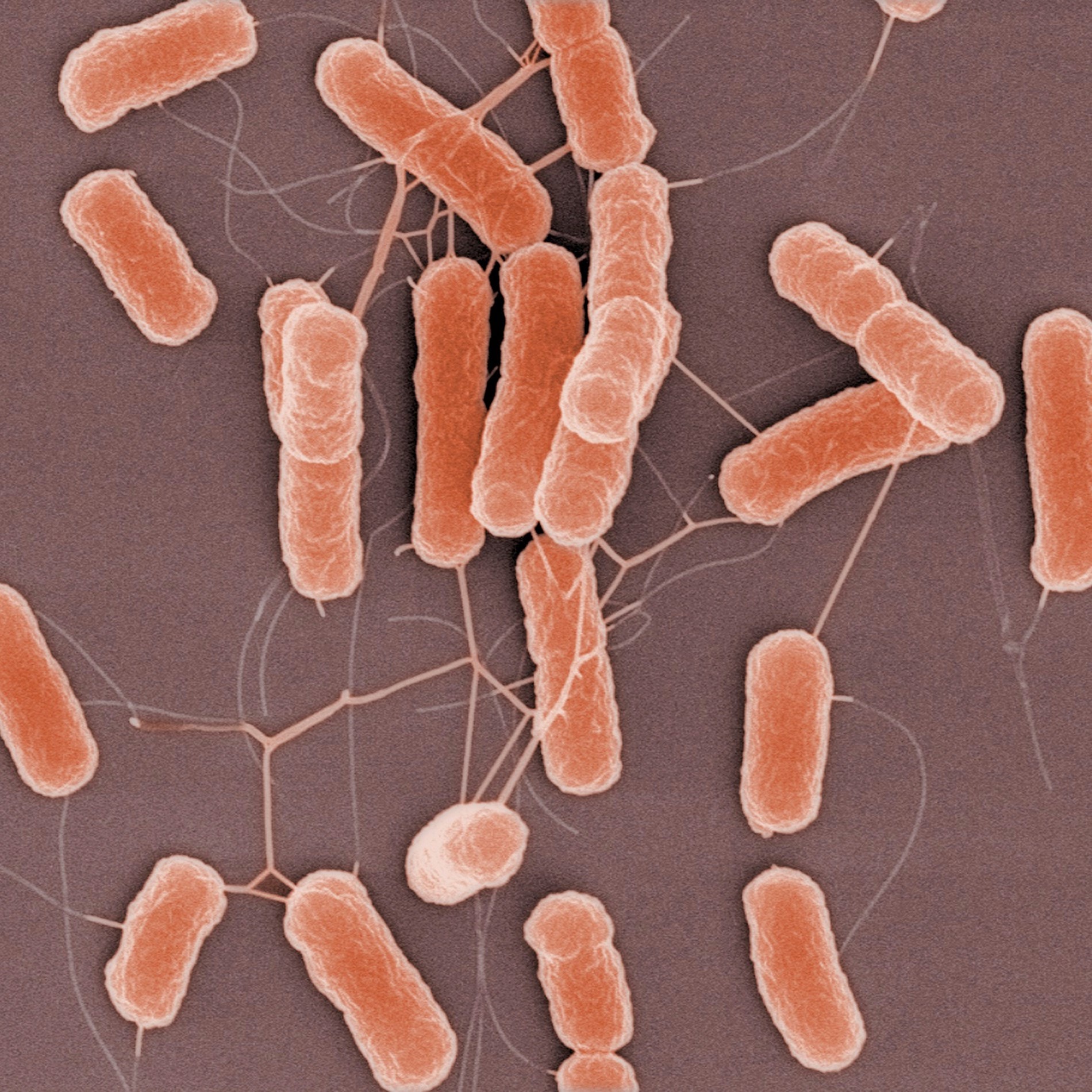Gut Memory Linked to Weight Regain
We are often told that our weight is simply a reflection of calories consumed versus calories burned. But what if the reality was more complex?
Maintaining a healthy weight after dieting is never easy. Yo-yo dieting is well documented and is often assumed to be a result of people returning to bad eating habits after losing weight, falling off the wagon and reverting to type. And whilst this undeniably plays a significant role, a new study suggests that weight regain might also be driven by changes to gut bacteria caused by long-term obesity, contributing to the all-too-common cycles of ineffective dieting.
Weight regain
The findings, published in Nature, identified an ‘intestinal microbiome signature that persists after the successful dieting of obese mice’ – mouse biology being similar enough to our own for scientists to use them to give an indication of the effects on humans. In short, when formerly overweight mice were reintroduced to high fat foods they regained weight more rapidly than their always-lean counterparts. As well as sizing up, they also retained existing differences to their gut bacteria, thought to relate to their propensity to gain pounds - essentially their microbiome 'remembered' their past weight. Transferring this hypothesis to humans might help us understand why getting slim doesn’t always mean staying slim.

We already know that most microbes do not make us sick – many are in fact invaluable resources – protecting our immune systems and helping us to digest food. We have previously reported on alternative studies that demonstrate microbes also influence the nutrients we extract from food, and therefore our weight. The scientists concluded that ‘microbiome-targeting approaches’ to maintaining weight loss might prove effective in humans but recognised that a host of other variables (behavioural, genetic, and environmental) were also relevant. They felt their study warranted future human studies but could not at this stage make recommendations, or provide a straight-forward solution to long-term weight management.
Altering the make-up of our entire gut bacteria presents a huge challenge. It is going to be fascinating to see what role probiotics could play and what benefits might arise as a result.
For further reading check out our blogpost on other research linking gut bacteria and weight management.
You might also be interested to learn about a study that suggests anorexia could be triggered by bacteria.
References
- Eran Elinav et al, (2016), 'Persistant microbiome alterations modulate the rate of post-dieting weight regain', doi:10.1038/nature20796
Popular Articles
View all Weight Management articles-
Weight Management13 Feb 2024


